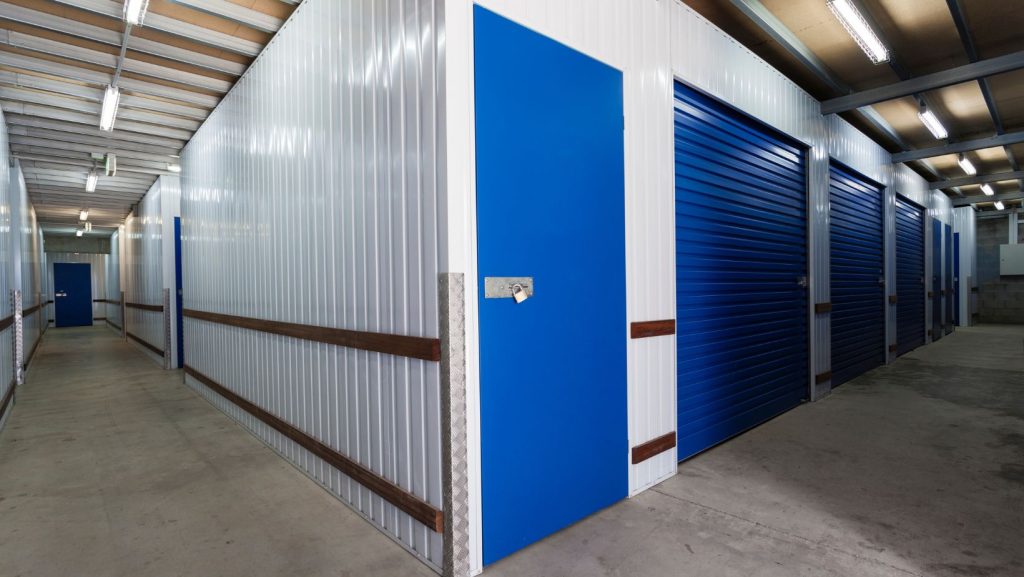
These days belongings accumulate faster than we can manage, renting a storage unit has become an increasingly popular solution for individuals and families alike. However, like any financial commitment, renting a storage unit requires careful consideration and planning to ensure it aligns with your budget and storage needs. In this inclusive guide, we’ll get into the costs you can expect to encounter when renting storage space and provide practical tips for budgeting and managing your storage expenses. This guide will equip you with the knowledge and tools you need to make informed financial decisions and maximize the value of renting a storage space.
Monthly Rental Fees:
The primary cost associated with renting a storage unit is the monthly rental fee. Storage rental rates vary depending on factors such as location, unit size, amenities, and facility features. On average, monthly rental fees for storage units range from $50 to $300 or more, with larger units and climate-controlled facilities typically commanding higher rates. When budgeting for storage rental expenses, consider factors such as the size of the unit you need, the duration of storage, and any additional amenities or services you require.
Initial Move-In Costs:
In addition to monthly rental fees, renters may incur initial move-in costs when renting a storage unit. These costs may include a one-time security deposit, administrative fees, and the purchase of a lock for the unit. While move-in costs are typically a one-time expense, it’s essential to factor them into your budget when planning for storage rental expenses.
Insurance Coverage:
Many storage facilities require renters to carry insurance coverage for their stored belongings. While some facilities offer insurance options as part of the rental agreement, others may require renters to obtain coverage independently.

The cost of storage insurance varies depending on factors such as the value of the items being stored and the level of coverage desired. When budgeting for storage expenses, be sure to include the cost of insurance premiums to protect your belongings against damage, theft, or loss.
Additional Fees and Charges:
In addition to monthly rental fees and insurance costs, renters may encounter additional fees and charges associated with their storage rental. These fees may include late payment fees, access fees for after-hours entry, and fees for additional services such as package acceptance or delivery acceptance.

Before signing a rental agreement, carefully analyze the facility’s fee schedule to understand any potential additional costs and factor them into your budget accordingly.
Long-Term Storage Costs:
For renters planning to use storage units for an extended period, such as a year or more, it’s essential to consider the long-term costs of storage rental. While monthly rental fees may seem manageable in the short term, they can add up significantly over time. When budgeting for long-term storage expenses, consider whether there are any discounts or incentives available for pre-paying rent or committing to an extended rental term. Additionally, periodically reassess your storage needs to ensure you’re not paying for more space than you require.
Final Words:
Renting a storage unit can provide a convenient solution for storing belongings, but it’s essential to understand the costs involved and budget accordingly. By considering factors such as monthly rental fees, initial move-in costs, insurance coverage, additional fees, and long-term storage costs, you can develop a comprehensive budget for your storage needs and make informed financial decisions. Whether you’re storing seasonal items, decluttering your home, or preparing for a move, understanding the costs of renting storage space will help you plan effectively and manage your expenses responsibly.












